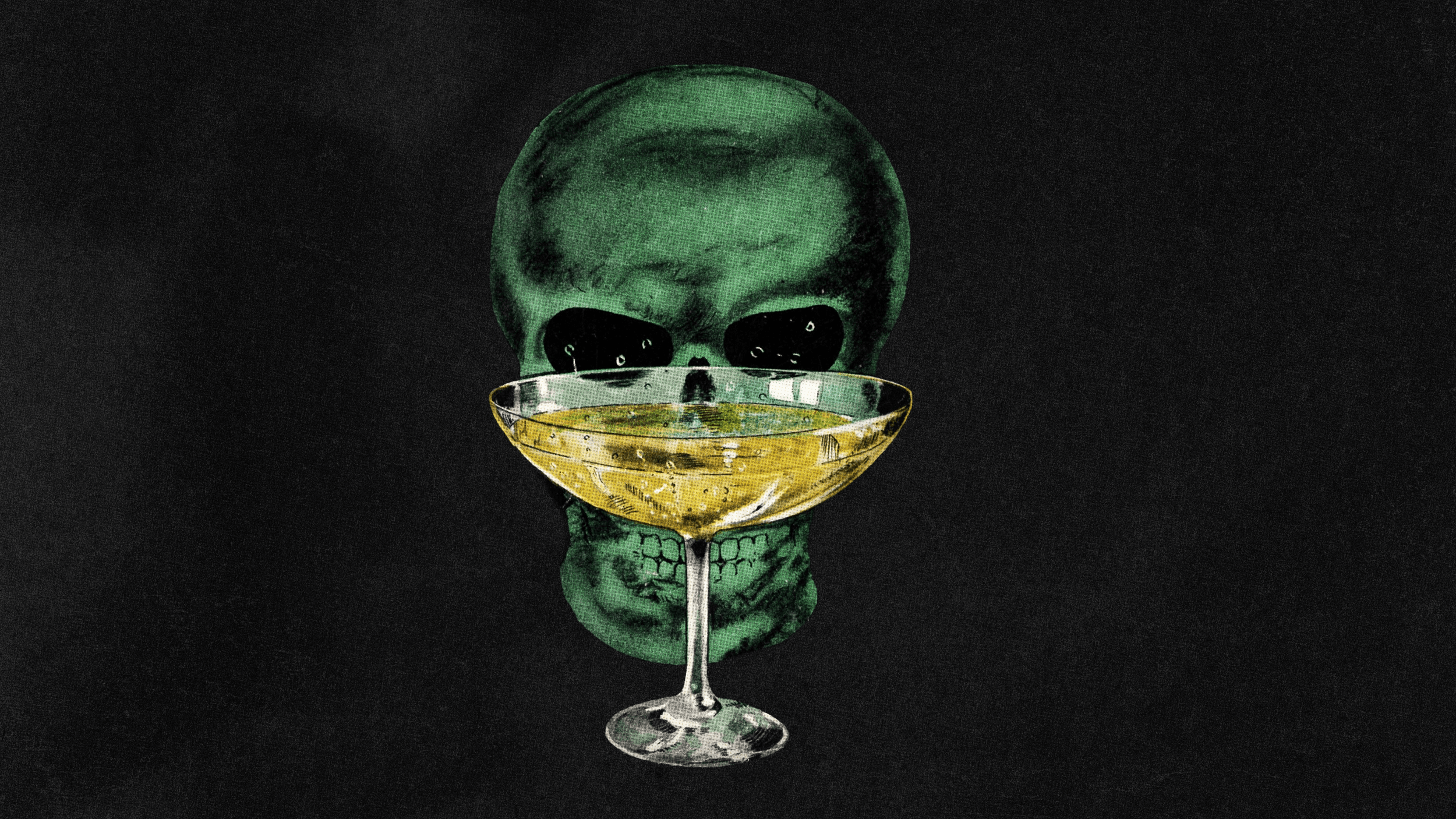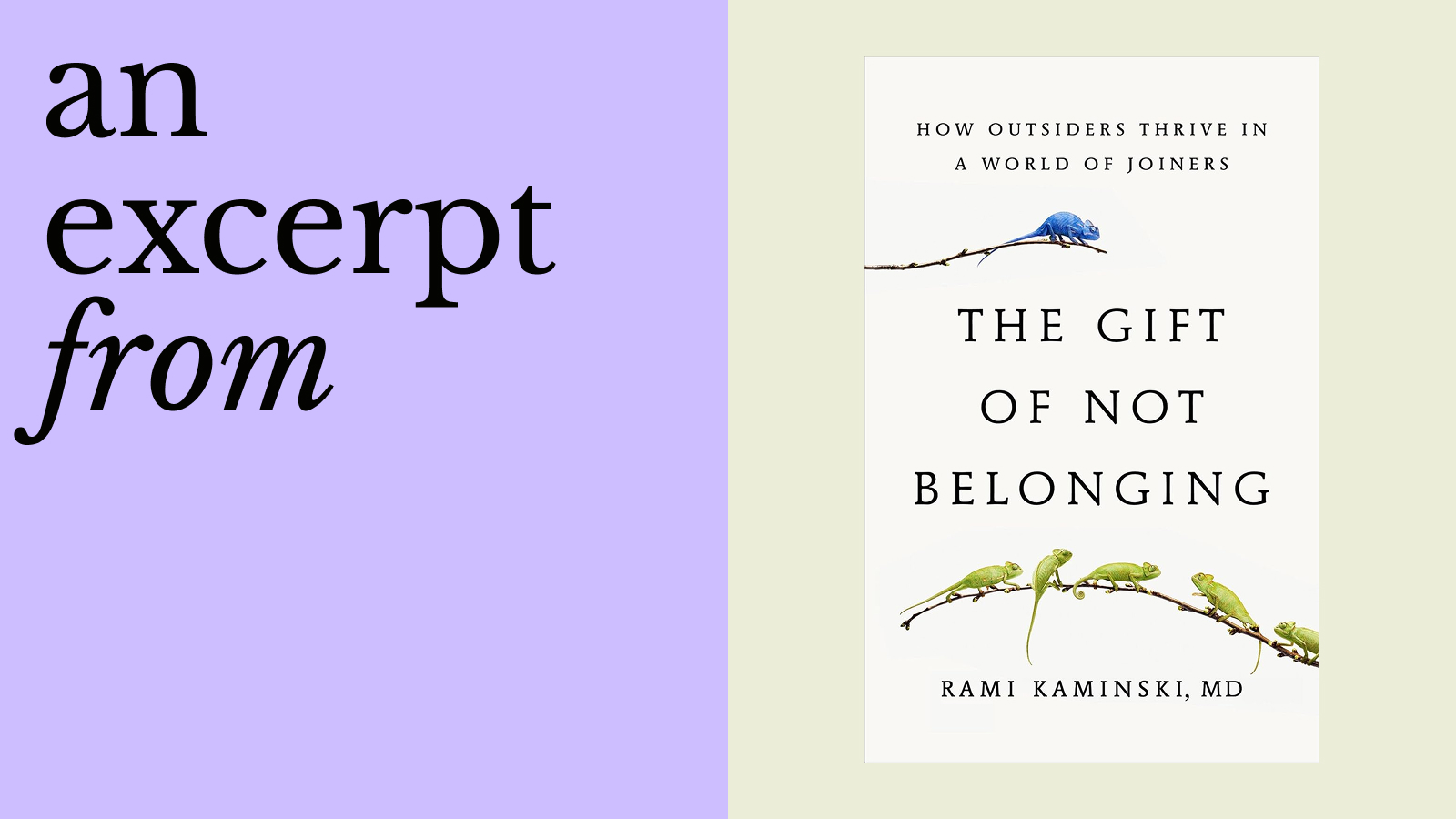What is the consolation of faith in the face of death?
Question: What is the consolation of faith in the face of death? The absence of faith?
Ira Byock: I don’t think you need to be religious to face the end of life well, but I do think that dying and death really uncovers the spiritual core of the human condition. I say that because it really unmasks our vulnerability and questions that I think have inherent current spiritual implications become quite concrete, not abstract to philosophical to people.
Where am I going next? What was this life all about, after all? What was my life about? Was I worthy, was I a good person? Those sorts of questions, which really are at the core of religions take on tangible meaning and implications for people. If you have answers for those questions, if people who do have a strong religious faith often find that it is a well of strength during these times. I often will interview people and just acknowledge to them that sometimes when I meet people who are seriously ill, they tell me that their illness has really shaken their faith in god or their confidence in the universe. Other people I meet tell me that the illness has actually strengthened their faith, and I ask, has either of those things happened for you? But you don’t have to have a religion to be spiritual. I met a guy not too long ago, I call him Mr. Grady. I met him in clinic, and he had an advanced illness, was probably had 6 weeks or so to live, and he was a crusty Vermont farmer. And I asked him, if he had a faith in, and what was that like for him? And he said, “Oh doctor no, none of that for me.”
I said ,”Well, Mr. Grady, do you have a sense of where we go after this life?” He said, “Yeah doctor, the worms go in, the worms go out.” And half expecting that, because of just his demeanor, I said, “So Mr. Grady, and where will the worms go in and out of your bones?” And he said, “Well doctor, we have a place in the farm up in [ph] Bedford, we Grady’s we have been buried there for years and my grand parents and their parents have been there, and I suspect that we’ll – my family will be there forever.”
Well, very interesting because Mr. Grady doesn’t go to church, believe in God, have a religion, and yet he has this visceral connection to the land and to a family that preceded him for generations, ancestors he never met, and for people who he will never meet in generations to come. If that connection isn’t spiritual, I are not sure what to call it. It’s larger than himself and endures into an open-ended future, and has inherent meaning for him. That really satisfies my definition of spiritual.
Recorded on: March 21, 2008





